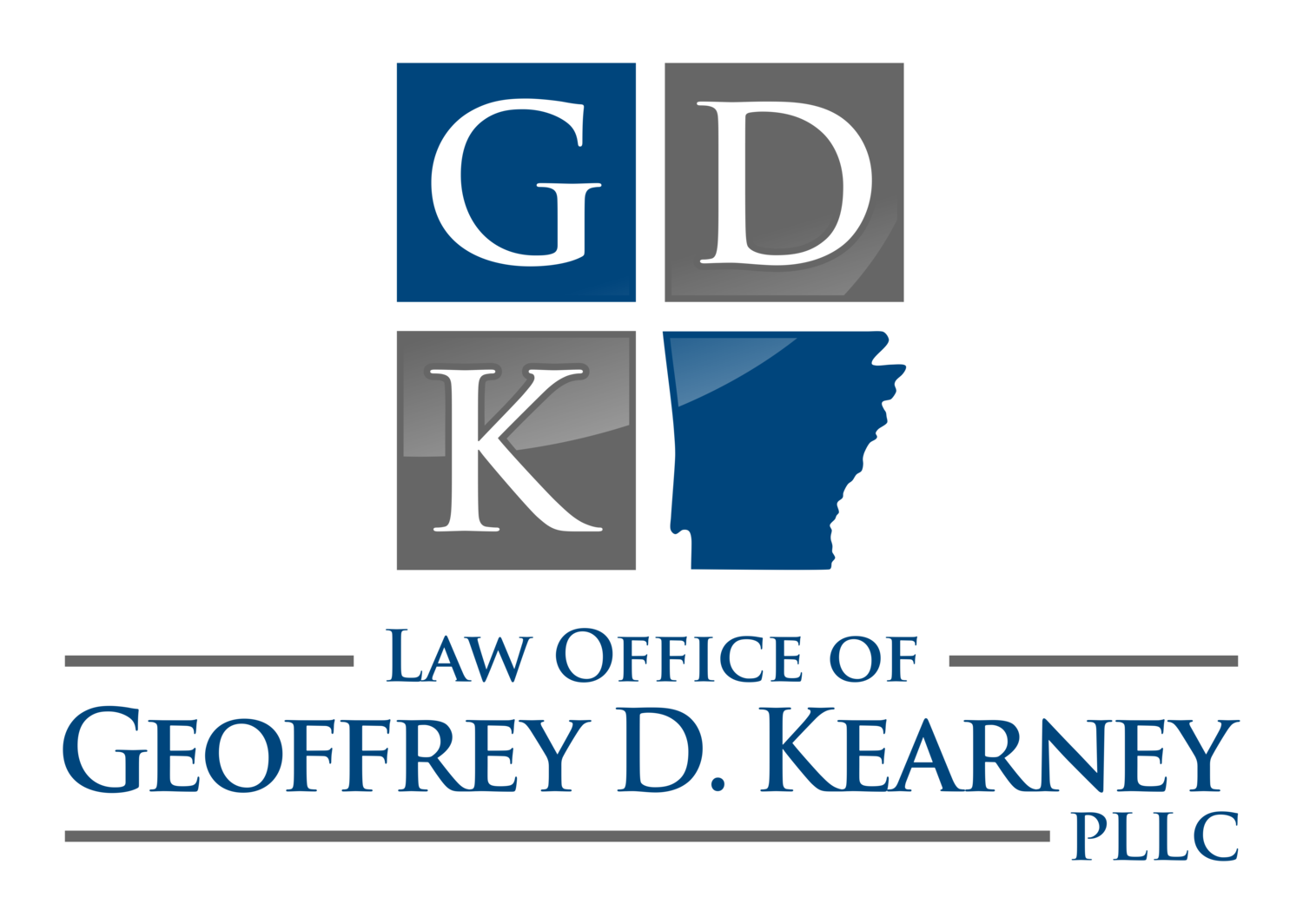Challenging Erroneous Award of Damages in Default Judgment Requires Objection Before Appeal
Imagine this: You get sued for alleged misdeeds relating to a real estate transaction. The plaintiffs serve you with the complaint and summons. After you don’t file an answer or responsive motion within the 30 days allowed by law, the plaintiffs move for default judgment pursuant to Ark. R. Civ. P. 55, attaching the promissory note and an insurance adjuster’s report outlining damages that you’re alleged to have caused to the subject property. The court grants the request without a hearing.
Unfortunately, life comes at us pretty fast sometimes, and on the strength of a few pieces of paper, you’re on the hook for over $100,000 in damges. Such is what happened at the circuit court in Bates v. Gilliam, 2020 Ark. App. 300.
So what do you do next? Well, unfortunately, under ARCP 55(a), “[w]hen a party against whom a judgment for affirmative relief is sought has failed to plead or otherwise defend as provided by these rules, judgment by default may be entered by the court.” This means, essentially, that if you don’t answer a complaint as required by law, a court can find that you did whatever the plaintiffs claimed you did without the need for further proof. In this case, this means that you signed a promissory note you failed to keep up the payments on it, you damaged the property, etc. Unfortunately, by failing to respond, you’ve lost your opportunity to dispute the truth of the factual allegations against you. Whatever actually did or did not happen, from a legal standpoint, you are liable. But damages, i.e., how much you’ll have to pay? That’s another story.
See, just because you’re liable (i.e., you committed the unlawful acts alleged in the complaint) does not mean that the plaintiffs are entitled to rely on their allegations to assess the damages against you. Instead, they are required to put on actual proof of their damages. On appeal, Appellant Bates argued just that: ‘Arkansas law requires that a judgment for damages must be supported by an affidavit or sworn testimony, and that in this case, ‘[t]here is nothing in the record to indicate that the judgment was based on any sworn evidence of damages, either by affidavit, testimony, or deposition.’” Bates, 2020 Ark. App. 300 at 2. Accordingly, he asked the Court of Appeals to remand the case back to the circuit court for a hearing on damages.
Bates is right. As the court recognized, a plaintiff receiving a default judgment still generally has an obligation to put on evidence of damages:
We agree with Bates that proof of damages was required because this was not an action based on a verified statement of an account. See, e.g., Wise v. Harper, 2015 Ark. App. 702, 477 S.W.3d 565 (when a default judgment is appropriate, all that is admitted is liability, and proof as to damages beyond nominal damages is necessary in order to determine the amount of the default judgment).
Bates, 2020 Ark. App. 300 at 3. However, though the court held that the unsworn exhibits do not justify an award of damages, the mere fact that the court made a mistake was not enough to require reversal. Though the appellate court acknowledged that the circuit court did not follow the proper procedures in reaching the damages award, it held that Bates’ failure to properly object before filing his appeal prevented him from prevailing. Looking to numerous cases, the court held that Bates’ failure to bring this error to the circuit court’s attention precluded the appellate court’s review.
This follows the long-standing propositions under Arkansas appellate law that appellate courts will not address arguments made for the first time on appeal. Instead of immediately filing an appeal, Bates should have first filed a motion to set aside the judgment on the basis that the court calculated damages without receiving the sort of proof required under Arkansas law. Then, if denied, he should have filed an appeal. Defaulting defendants and their attorneys should keep this opinion in mind in the future to make sure they preserve their issues for appellate review.
